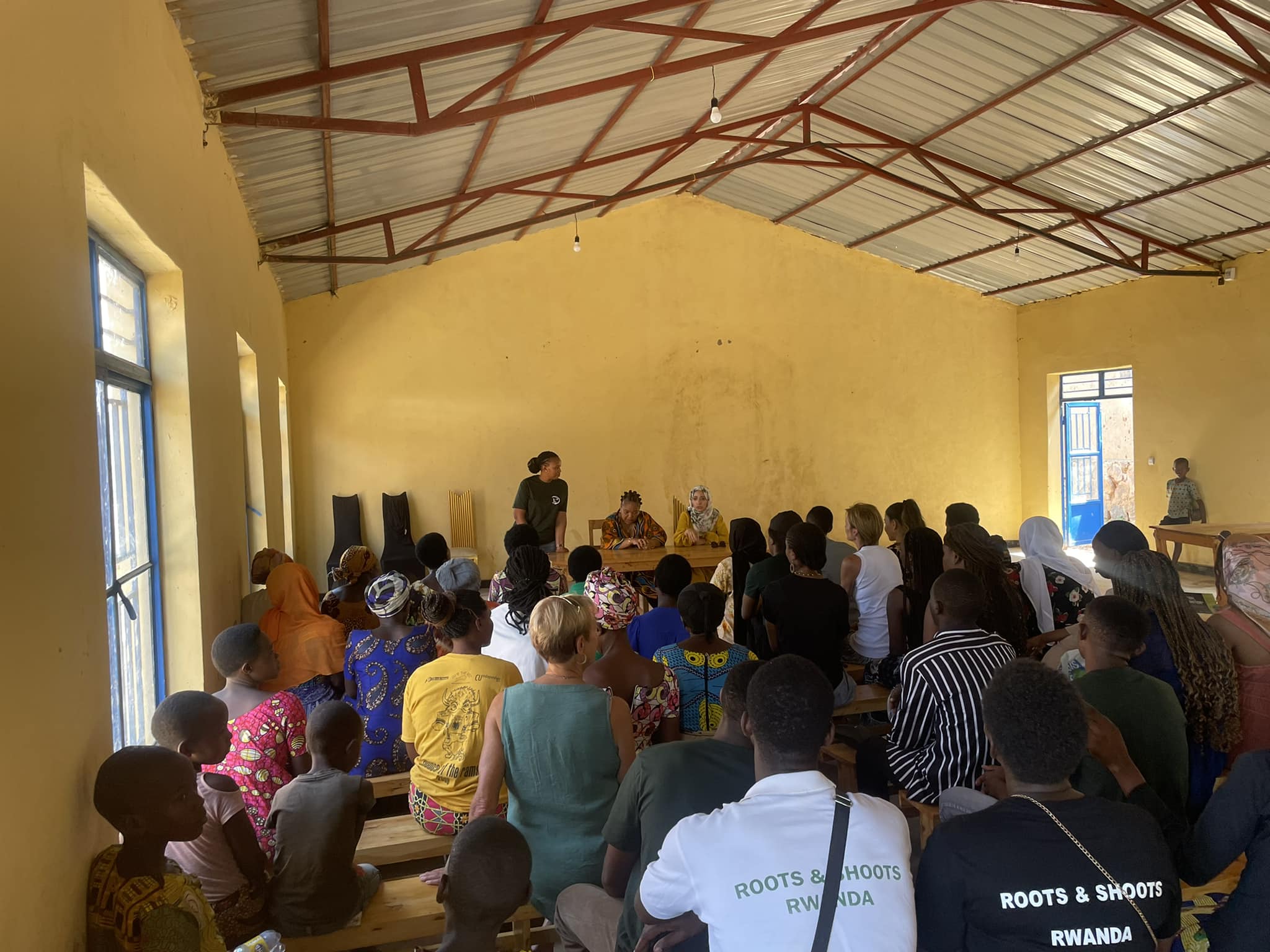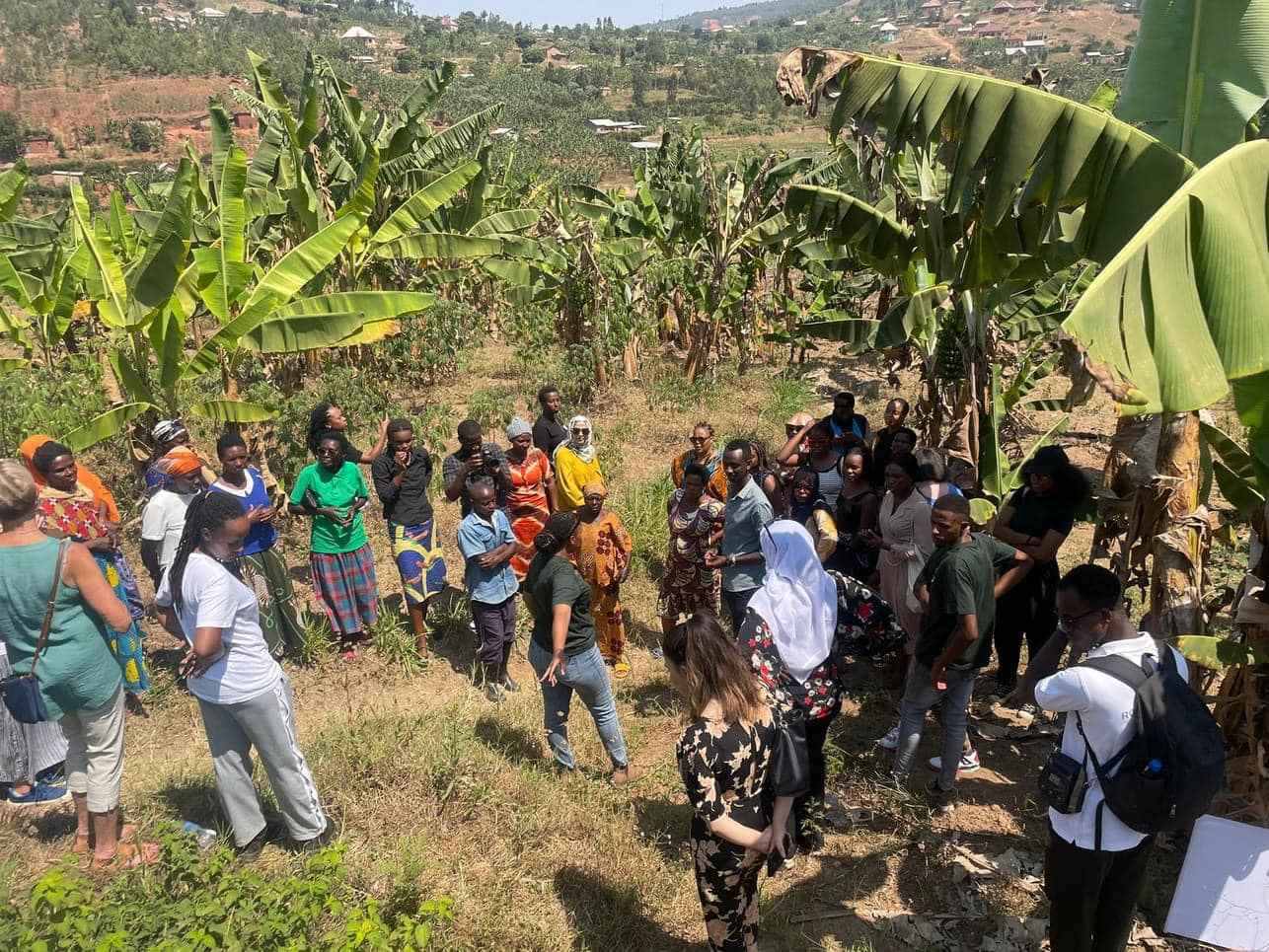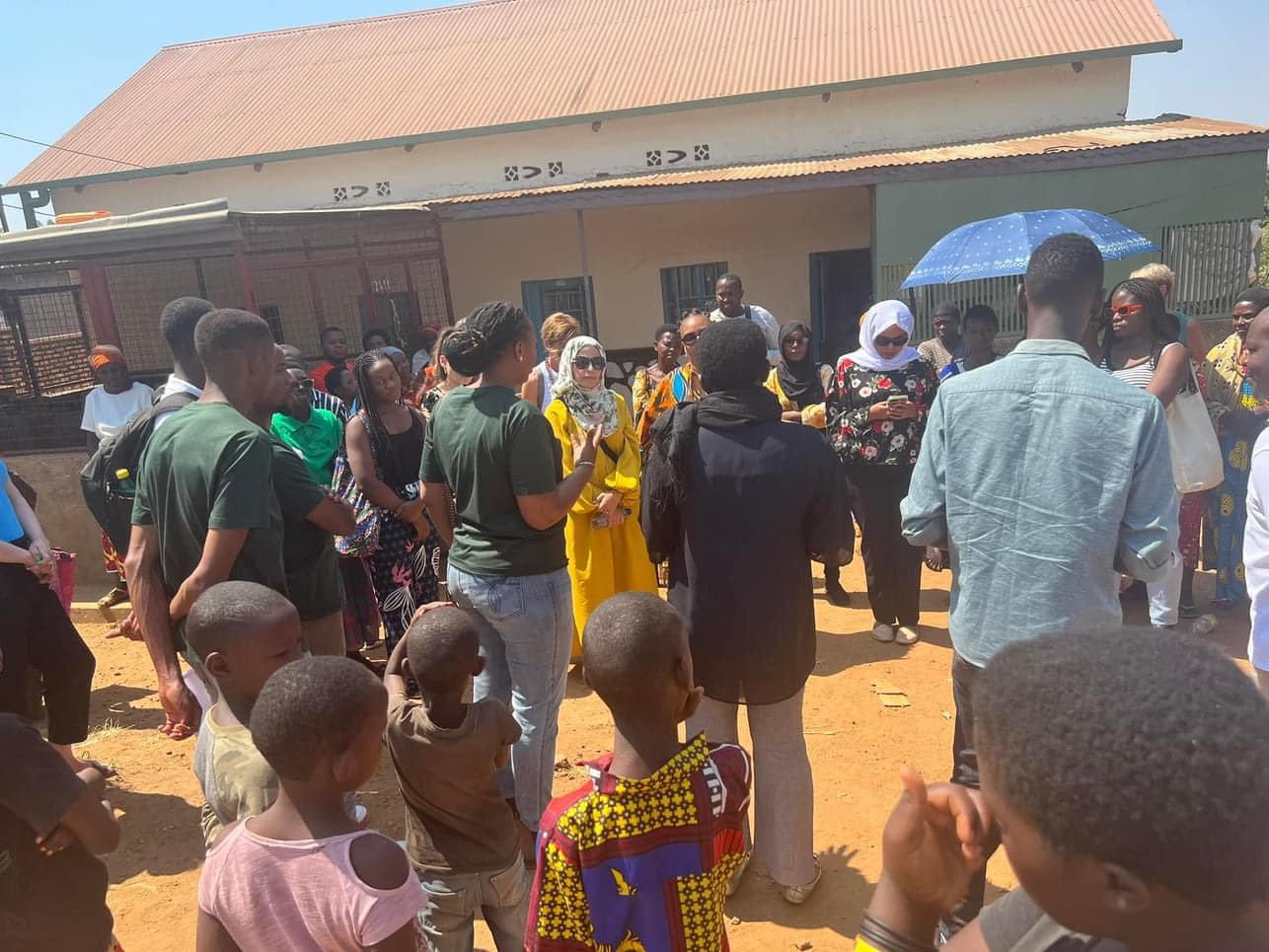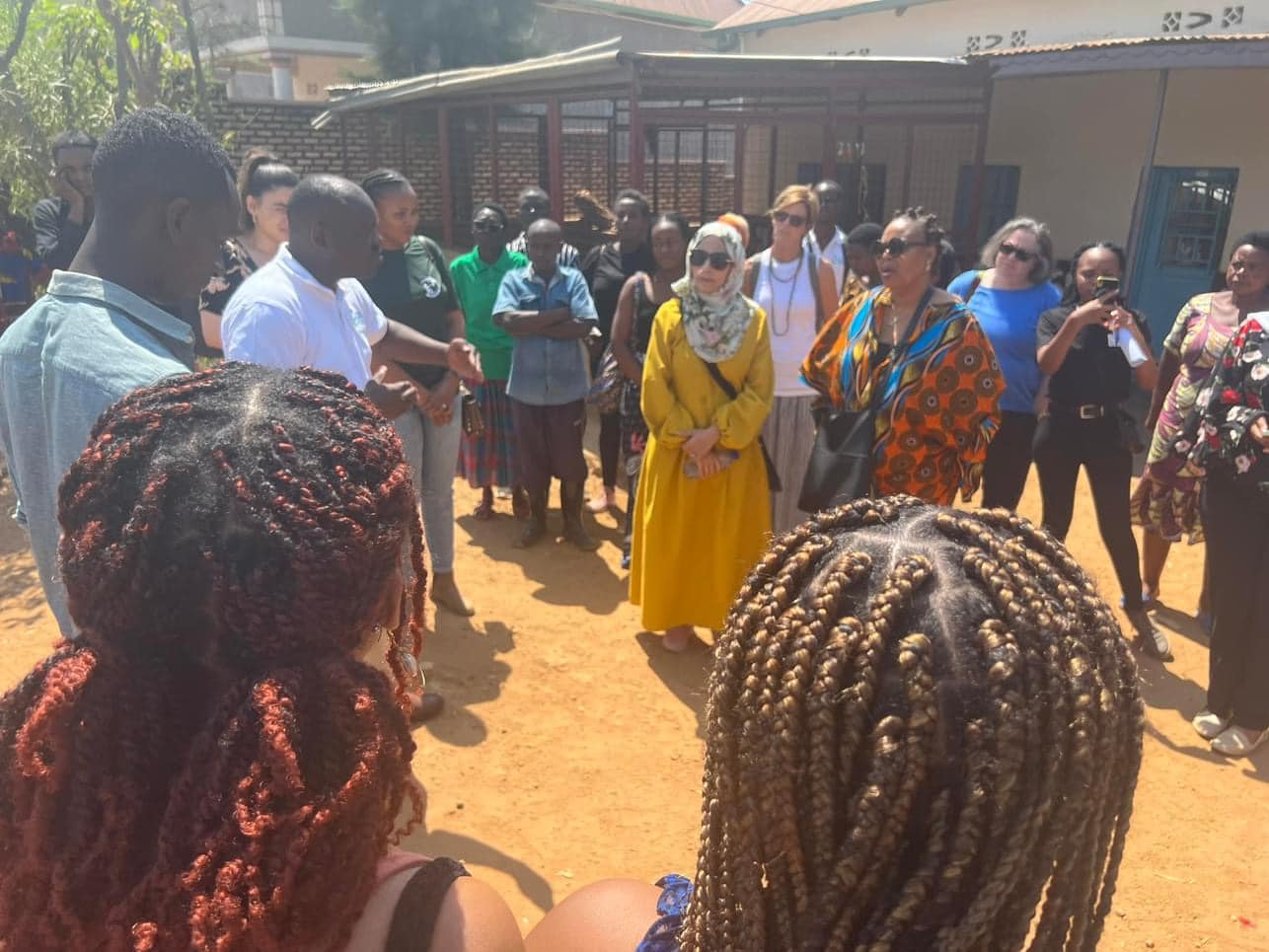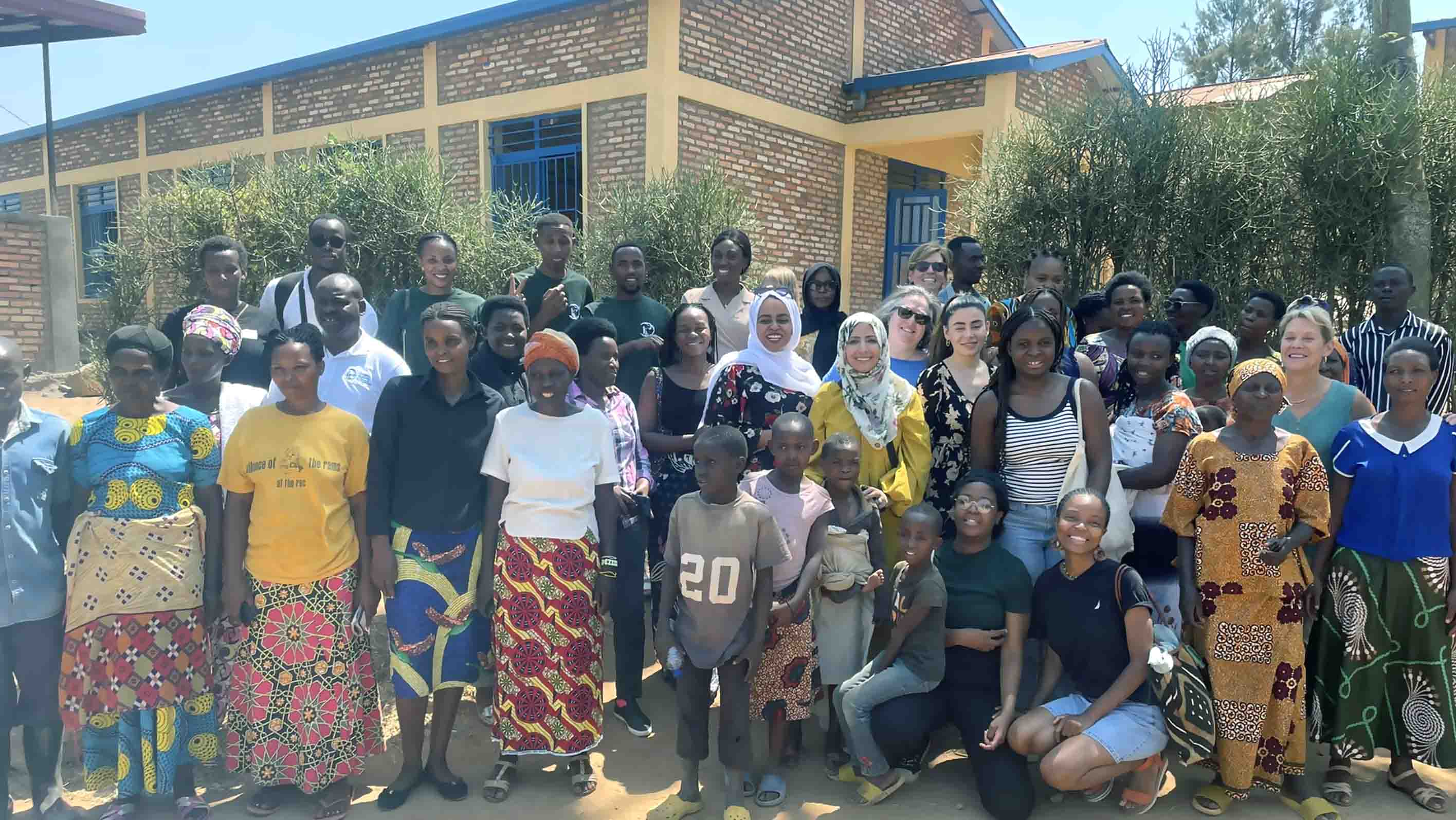In a significant stride towards understanding the global landscape of reconciliation and transitional justice, the Nobel Peace Prize laureate and human rights advocate Tawakkol Karman took a tour of the Republic of Rwanda from July 17th to 20th.
This visit aimed, among others, to deeply examine the unique Rwandan experience of reconciliation and justice following its tormented history.
Tawakkol Karman was accompanied by a delegation of fellow Nobel Peace Prize laureates. This esteemed group sought to gain a deeper understanding of Rwanda's remarkable approach to racial reconciliation and transitional justice, a process that has been unfolding since the tragic events of the 1990s.
Upon setting foot in Kigali, Rwanda's capital, Karman had an opportunity to meet with Rwandan President Paul Kagame. She expressed her admiration for Kagame, crediting him as a leader who successfully led the charge against the oppressive regime, ensured the trial and punishment of those responsible for the horrific massacres, and planted the seeds of a burgeoning democracy. Moreover, she recognized his pivotal role in the achievement of reconciliation and transitional justice in Rwanda.
Karman's journey took her to a village in Rwanda that bore the brunt of the devastating massacres that took place during the civil war from 1990 to 1993, a conflict that has also been referred to as the tribal war between the Tutsis and the Hutus. Here, she listened to harrowing firsthand accounts of the tragic events that unfolded during this period. The scale of the atrocities committed during the Rwandan genocide is staggering, with close to 800,000 people losing their lives in less than 100 days, and hundreds of thousands of women being subjected to rape.
A significant moment in Karman's visit was her participation in the international conference "Women Deliver 2023". This event, held in Kigali, saw the congregation of numerous women leaders from around the globe. Operating under the theme "Spaces, Solidarity, and Solutions," the conference aimed to provide a platform for discussions around the role of women in the peace and reconciliation process, underscoring the importance of their voices and experiences in creating more equitable societies.
